Naveen Prasad Alex writes about Poikayil Appachan’s radical vision of caste abolition, memory, and unity—revealing the revolutionary potential of PRDS in reshaping Kerala’s subaltern history.
Read more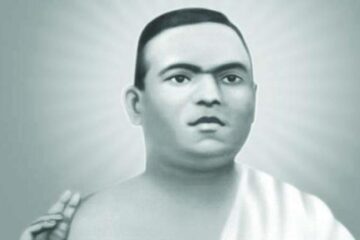
A Kerala Studies Blog

Naveen Prasad Alex writes about Poikayil Appachan’s radical vision of caste abolition, memory, and unity—revealing the revolutionary potential of PRDS in reshaping Kerala’s subaltern history.
Read more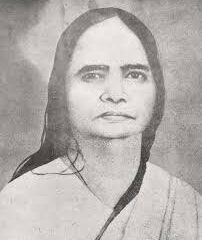
Popular readings of modern history in Kerala tend to focus on the many male leaders who led struggles for social justice. Naveen brings to light less-known incidents from these struggles to shine a light on the leadership of women in the struggles for caste and gender justice.
Read more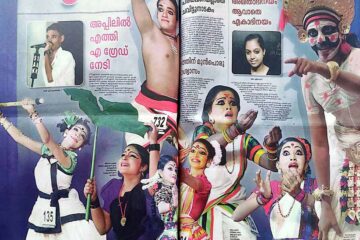
‘Nadodi nruttham’ is an omnipresent cultural form in Kerala’s arts festival spaces. Drawing from her ongoing research into youth festivals in Kerala, Rajashree Raju delves into the caste dynamics behind a form that represents itself as ‘folk’.
Read more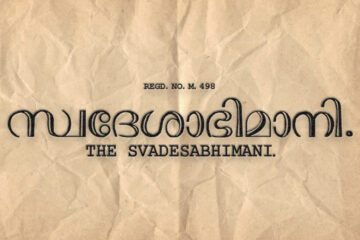
Editorials about women in public theatre in The Svadeshabhimani give us important clues about am emerging caste-gender order.
Read more
The idea that education should be free in Kerala was in circulation as early as 1904. Although a significant majority were in agreement with this proposal, the excerpt below shows how the idea of free education in State-owned schools was identified as a hindrance to the vision of good education. The prefatory note below is a reading of the editorial published on December 10, 1909.
Read more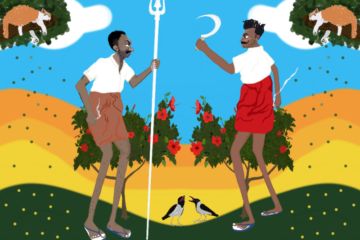
Ala speaks to Ruchi Chaturvedi, whose book, Violence of Democracy, published this year, draws on years of engagement with political violence in north Kerala to think about the forms of violence produced by the very practice of democracy.
Read more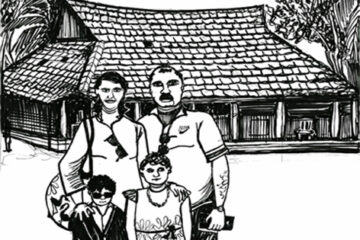
We wrap up this season of our podcasts with Malavika Binny and Rekha Raj. In this episode, we explore how clothing, and by extension, the body itself, have been both sites of violence and protest in Kerala, and closely tied to questions of class and caste.
Read more
Renovated ancestral homes have become a mainstay of tourism in Kerala. Soumithra investigates how ancestral homestays not only draw from existing caste and class hierarchies, but also play a role in sustaining these in the era of the supposedly free market.
Read more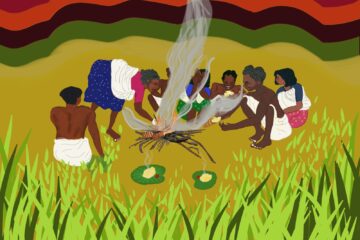
K J Baby’s 1991 novel, Mavelimantam, is the story of the resistance of the Adiyor community against centuries-old slavery at a historical point where feudalism was joining hands with emerging colonial forces in India. Mileena re-reads the novel with reference to the concept of Dalitisation by Kancha Ilaiah.
Read more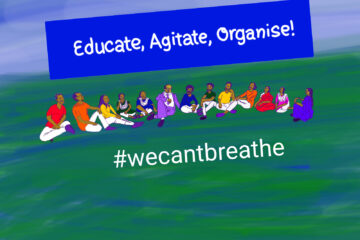
കെ ആർ നാരായണൻ ഇൻസ്റ്റിറ്റിയൂട്ടിൽ നടന്ന വിദ്യാർത്ഥി സമരം എങ്ങനെയാണു ഒരു ബദൽ ജ്ഞാനരൂപം നിർമിക്കുന്നതെന്നു കുഞ്ഞുണ്ണി സജീവ് എഴുതുന്നു.
Read more